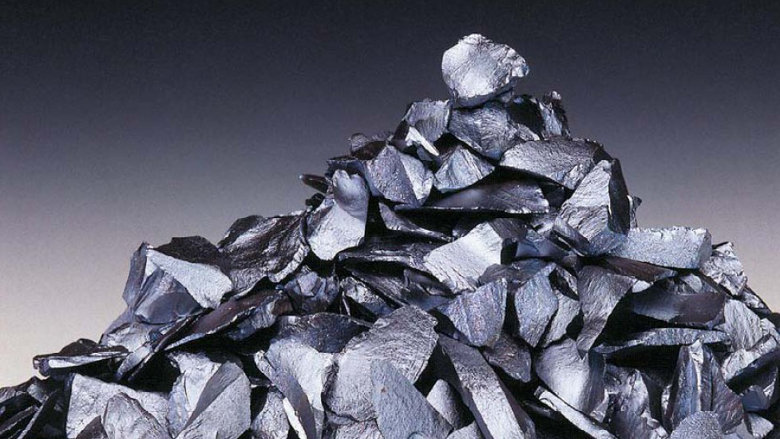Daqo New Energy posted revenue of $67 million for the second quarter of 2018, down from the previous quarter’s $103.3 million, with EBITDA falling around 40%, to $31 million, from $51.7 million in Q1.
The slower performance was attributed to lower sales volumes, with 3,881 MT of polysilicon sold in Q2 – in line with revised guidance figures but down from 5,411 MT in the first three months of the year. Wafer sales also fell, to 9.8 million pieces, from the previous quarter’s 13.3 million.
Despite the fallen sales volumes, Daqo noted it was able to continue running its polysilicon factories at full capacity – production for the quarter was 5,659 MT, in line with the 5,657 MT produced in Q1 – and reiterated its guidance for full year production of 22,000-23,000 MT.
“We remain confident in the long-term sustainable growth of the polysilicon industry despite the impact by the new solar PV policies issued by the Chinese government on May 31, 2018,” said CEO Longgen Zhang. “The new solar policies caused uncertainty in the domestic solar market and impacted downstream demand in June. Leveraging our strong cash position and efficient corporate management, we maintained full production capacity and resumed shipments when customer demand and pricing stabilized in early July.”
Popular content
Module suppliers in China are looking to sell more of their products abroad while domestic demand is suppressed, and Daqo expects to be able to rely on its customers to keep up demand: “With solar PV markets outside of China accounting for an increasing percentage of our downstream customer shipments, we are confident in the long-term sustainable growth of the polysilicon industry and our ability to benefit from this growth by increasing our production capacity and improving our cost structure and polysilicon purity,” said Mr. Zhang.
Daqo is also proceeding with planned capacity expansions; and expects new pilot production to begin in the fourth quarter. This will bring polysilicon production capacity to 30,000 MT, and reduce production costs by approximately $1/kg, according to the CEO.
In the third quarter Daqo will initiate planned maintenance, including unspecified technology upgrades and connection of a new facility to its existing ones. That means its production forecast is somewhat lower, at 4,100-4,300 MT, though it expects sales to bounce back to around 6,000 MT for the third quarter.
This content is protected by copyright and may not be reused. If you want to cooperate with us and would like to reuse some of our content, please contact: editors@pv-magazine.com.



By submitting this form you agree to pv magazine using your data for the purposes of publishing your comment.
Your personal data will only be disclosed or otherwise transmitted to third parties for the purposes of spam filtering or if this is necessary for technical maintenance of the website. Any other transfer to third parties will not take place unless this is justified on the basis of applicable data protection regulations or if pv magazine is legally obliged to do so.
You may revoke this consent at any time with effect for the future, in which case your personal data will be deleted immediately. Otherwise, your data will be deleted if pv magazine has processed your request or the purpose of data storage is fulfilled.
Further information on data privacy can be found in our Data Protection Policy.